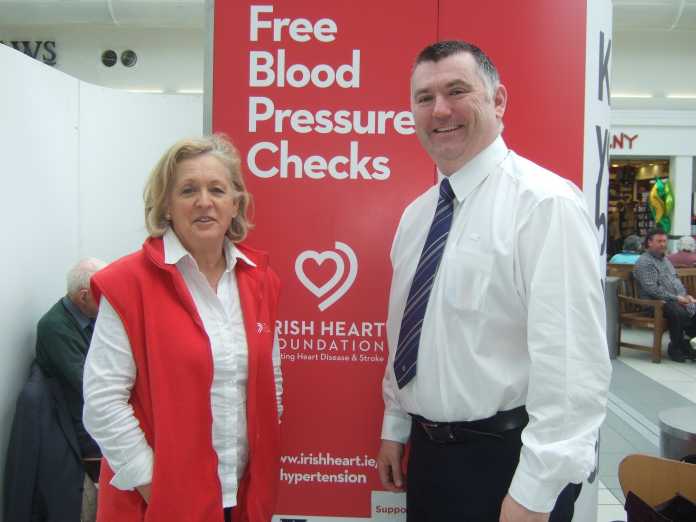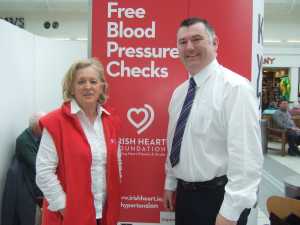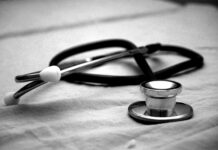

That’s according to Dr Liam Glynn, who was speaking during the Irish Heart Foundation’s (IHF) recent campaign for World Hypertension Day which included free blood pressure checks across the country, with the busiest stop being the Crescent Shopping Centre in Dooradoyle, where more than 120 people availed of the facility.
Dr Glynn explained that the condition, despite affecting a quarter of the adult population, can be very difficult to diagnose and that adequate treatment is essential.
“It is symptomless so we won’t know if people have it and it is very dangerous because it is a significant cause of heart attacks and strokes, which we are trying to prevent due to their implications.”
Dr Glynn stated that only one in three adults with hypertension are diagnosed with the condition, and that only 33 per cent of those diagnosed are treated to an adequate level.
He stressed the importance of going for a blood pressure check, as hypertension is difficult to spot but very preventable.
“The best way to spot hypertension is to get your blood pressure checked. That’s the big message we’re trying to get across that no matter how stressed, fit or overweight a person is, they could have high blood pressure.
As blood pressure increases with age, Dr Glynn recommends that any person over the age of 50 should get a blood pressure check every six months, and the same for any person who has been diagnosed with hypertension.
He added that lifestyle changes such as regular exercise, weight loss and a low fat diet can help to ease people’s blood pressure.
“I recommend exercising for 20 minutes a day, five days a week and weight loss also helps as there is a direct relationship between weight and high blood pressure. Reduce your salt intake and stick to a low fat diet, and if you are diagnosed, it’s important that you are on the right treatment and that you take your medication every day.”










